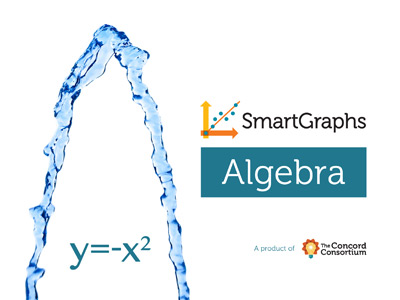Pawnshops to Teach Percent and Percent to Teach Pawnshops
Normal
0
false
false
false
EN-US
X-NONE
-->
Normal
0
false
false
false
EN-US
X-NONE
-->
The recent revisions to the advanced placement (AP) chemistry curriculum promote deep conceptual understanding of chemistry content over more rote memorization of facts and algorithmic problem solving. For many teachers, this will mean moving away from traditional worksheets and verification lab activities that they have used to address the vast amounts of content in the AP chemistry course. Moreover, a substantial shift in teachers’ beliefs about teaching and learning of chemistry will be needed to facilitate the transformation of their instructional practices.
Sponsored by the National Science Foundation and organized by CADRE, this event will focus on standards-based instructional materials.
The scarcity of efficient and user-friendly authoring tools has long been acknowledged as a limiting factor in the widespread development and deployment of intelligent tutoring systems (ITSs). Creating an effective authoring tool for domain experts poses two significant challenges: it must facilitate the creation of curricular content by domain experts who are typically neither ITS experts nor software engineers, and it must support the creation or modification of ITS-specific pedagogical strategies without exposing the complexity of the ITS itself to the domain expert.
This paper presents a set of authoring tool design principles such as leveraging UI workflows, collaboration, and automation.
Recent reform efforts and the next generation science standards emphasize the importance of incorporating authentic scientific practices into science instruction. Modeling can be a particularly challenging practice to address because modeling occurs within a socially structured system of representation that is specific to a domain. Further, in the process of modeling, experts interact deeply with domain-specific content knowledge and integrate modeling with other scientific practices in service of a larger investigation.
Reasoning about ecosystems includes consideration of causality over temporal and spatial distances; yet learners typically focus on immediate time frames and local contexts. Teaching students to reason beyond these boundaries has met with some success based upon tests that cue students to the types of reasoning required. Virtual worlds offer an opportunity to assess what students actually do in a simulated context. Beyond this, mobile devices make it possible to scaffold and assess learning in the real world.
Geospatially enabled learning technologies may enhance Earth science learning by placing emphasis on geographic space, visualization, scale, representation, and geospatial thinking and reasoning (GTR) skills. This study examined if and how a series of Web geographic information system investigations that the researchers developed improved urban middle-school learners’ GTR skills and their understanding of tectonics concepts.
The incorporation of engineering practices and core ideas into the Next Generation Science Standards at the elementary school level provides exciting opportunities but also raises important questions about the preparation of new elementary teachers. Both the teacher education and engineering education communities have a limited literature base on the resources that novice elementary teachers bring to learning and teaching engineering.
Examining discourse of a team of pre-service teachers within an IEL engineering design challenge
Problem scoping—determining the nature and boundaries of a problem—is an essential aspect of the engineering design process. Some studies from engineering education suggest that beginning students tend to skip problem scoping or oversimplify a problem. However, the ways these studies often characterize students’ problem scoping often do not reflect the complexity found in experts’ designing and rely on the number of criteria a student mentions or the time spent problem scoping.
Exploring students' problem solving within an integrated engineering and literacy activity
The Concord Consortium has developed 19  activities for teaching and learning algebra that are available online or as an app for iPad or Android tablet computers. These activities—which cover a variety of algebra topics, from linear equations to transformations of functions—help students develop skills creating and using algebraic functions and graphs to solve problems.
activities for teaching and learning algebra that are available online or as an app for iPad or Android tablet computers. These activities—which cover a variety of algebra topics, from linear equations to transformations of functions—help students develop skills creating and using algebraic functions and graphs to solve problems.
The Concord Consortium has developed 19 activities for teaching and learning algebra that are available online or as an app for iPad or Android tablet computers. These activities—which cover a variety of algebra topics, from linear equations to transformations of functions—help students develop skills creating and using algebraic functions and graphs to solve problems. Hints and scaffolds support learners who need help.